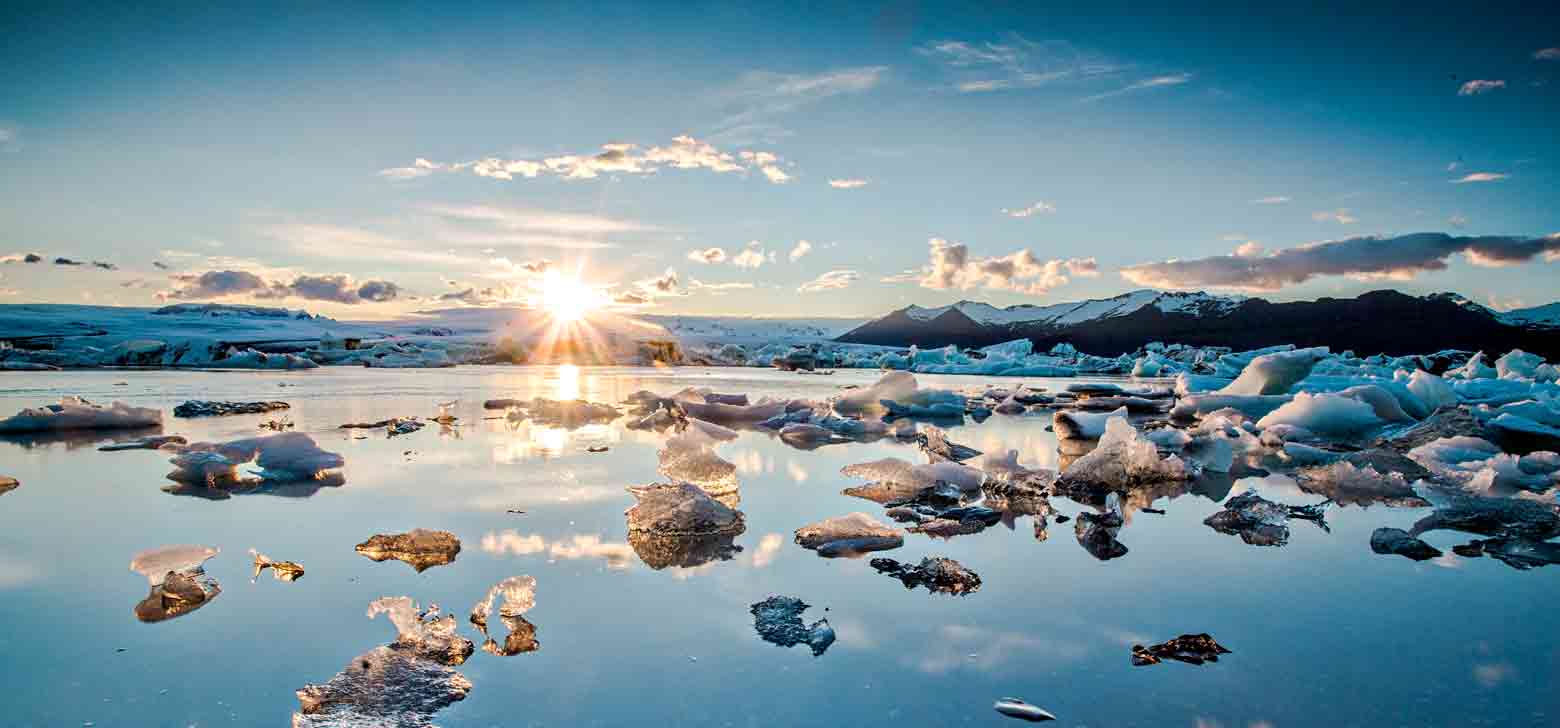
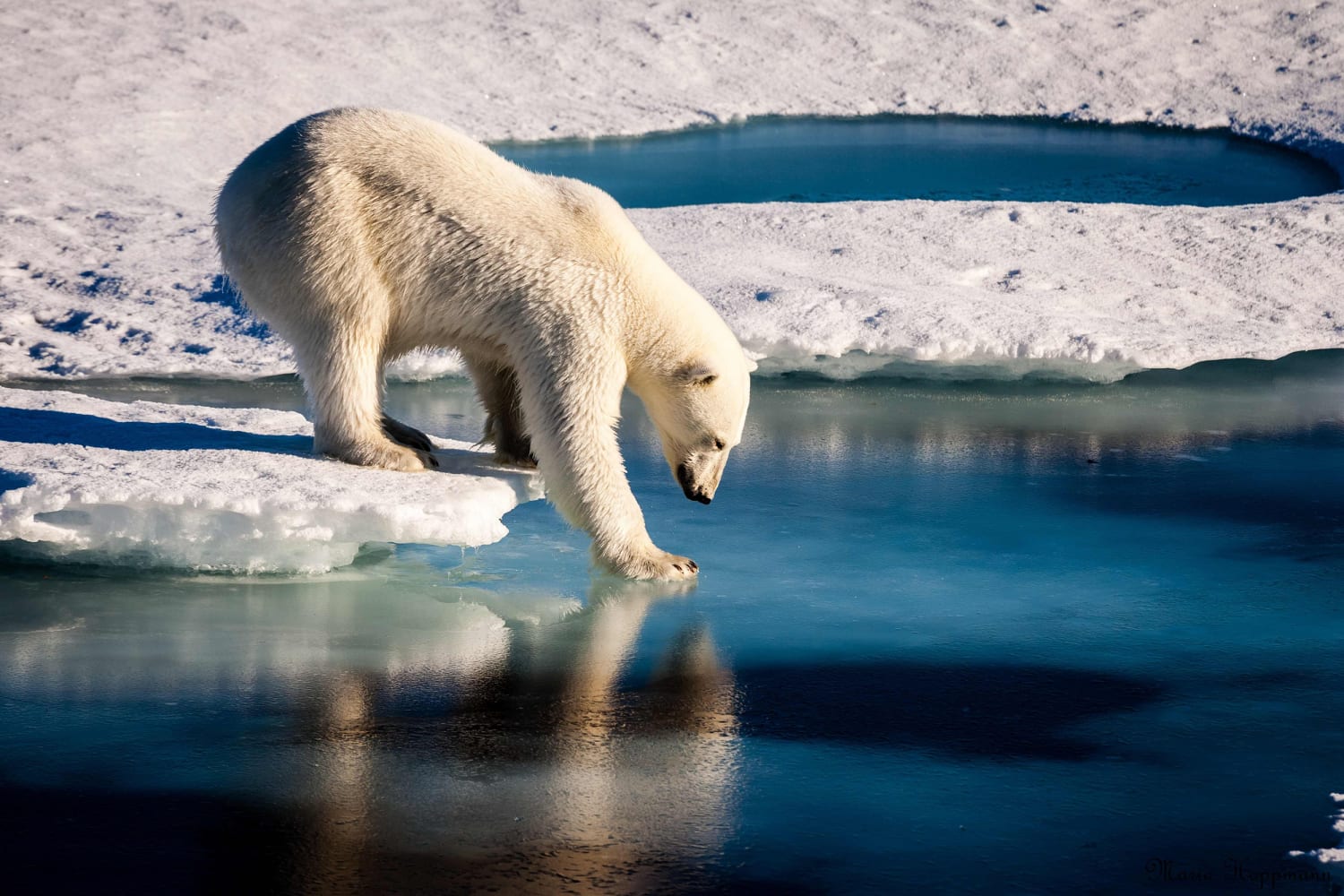
Just released, Canada’s Changing Climate Report provides the first in-depth, stand-alone assessment of how and why Canada’s climate has changed, and what changes are projected for the future. Undertaken by some of Canada’s finest scientists, this report provides an independent analysis and evaluation of the scientific confidence based on the scientists’ expert judgement. The assessment was led by Environment and Climate Change Canada, with contributions from Fisheries and Ocean Canada, Natural Resources Canada and university experts.
The assessment confirms that Canada’s climate has warmed in response to global emissions of carbon dioxide from human activity. The effects of widespread warming are already evident in many parts of Canada and are projected to intensify in the near future. A warmer climate will affect the frequency and intensity of forest fires, the extent and duration of snow and ice cover, precipitation, permafrost temperatures, and other extremes of weather and climate, as well as freshwater availability, rising of sea level, and other properties of the oceans surrounding Canada.
This is the first report completed as part of the National Assessment Canada in a Changing Climate: Advancing our Knowledge for Action, led by Natural Resources Canada. It provides the climate science foundation for the forthcoming reports by addressing the impacts of climate change on our communities, environment, and economy, as well as how we are adapting to reduce risk.
Study Says 2035 Is Climate Change Point of No Return
One important area that could slow the movement toward a point of no return in 2035 is the transition from fossil fuels to renewable energy sources. But even this will require marked progress. Scientists have calculated that the share of renewables worldwide must grow by at least 2 percent each year in order to slow the march toward climate change."We hope that 'having a deadline' may stimulate the sense of urgency to act for politicians and policy makers," Henk Dijkstra, a professor at Utrecht University in the Netherlands and one of the study authors, said in a statement. "Very little time is left."
Quotes
“Climate change is real, and Canadians across the country are feeling its impacts. The science is clear, we need to take action now. Practical and affordable solutions to fight climate change will help Canadians face the serious risks to our health, security and economy, and will also create the jobs of tomorrow and secure a better future for our kids and grandkids.”
– Catherine McKenna, Minister of Environment and Climate Change

“This report is a wakeup call for all Canadians. It is clear that climate change is real, human made, and requires urgent action. Our plan to fight climate change lays out measures across the country to take action on this urgent issue. Our plan will help build a cleaner and greener future that will provide new jobs for our kids and grandkids.”
– Jonathan Wilkinson, Minister of Fisheries, Oceans and the Canadian Coast Guard
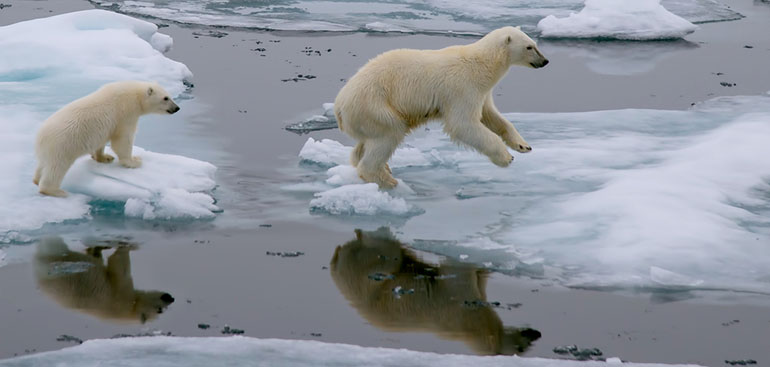
“Climate has an impact on the crops we grow and the resilience of our infrastructure. That is why the work of Canada’s climate researchers is so important. They study climate impact, adaptation and mitigation so we can make evidence-based decisions to help people and communities across Canada thrive.”
– Kirsty Duncan, Minister of Science and Sport
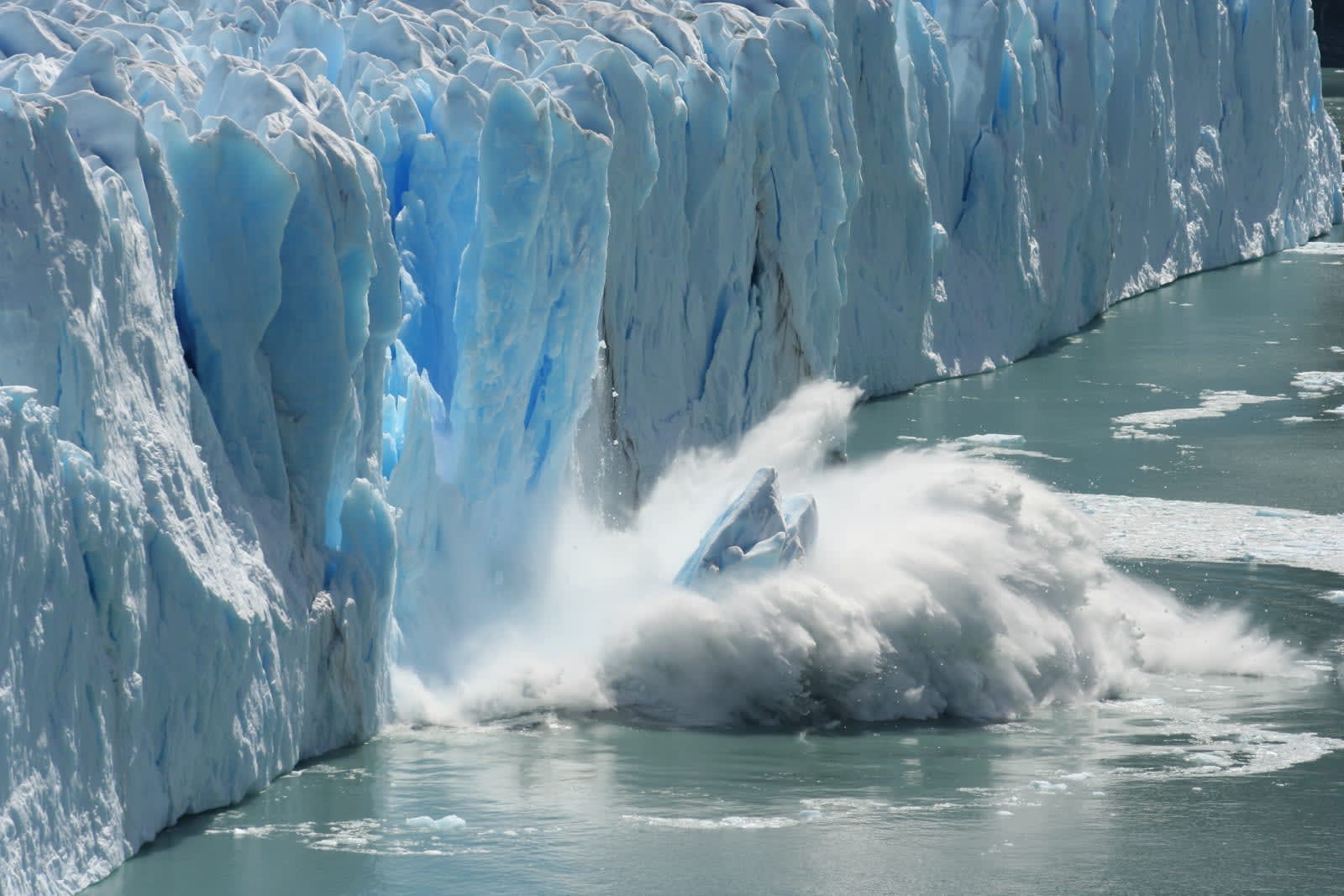
“Climate change is the defining challenge of our time. Canada’s climate science, whether on ecosystem health or atmospheric models, is internationally recognized and provides solid knowledge on which to take action.”
– Dr. Mona Nemer, Chief Science Advisor
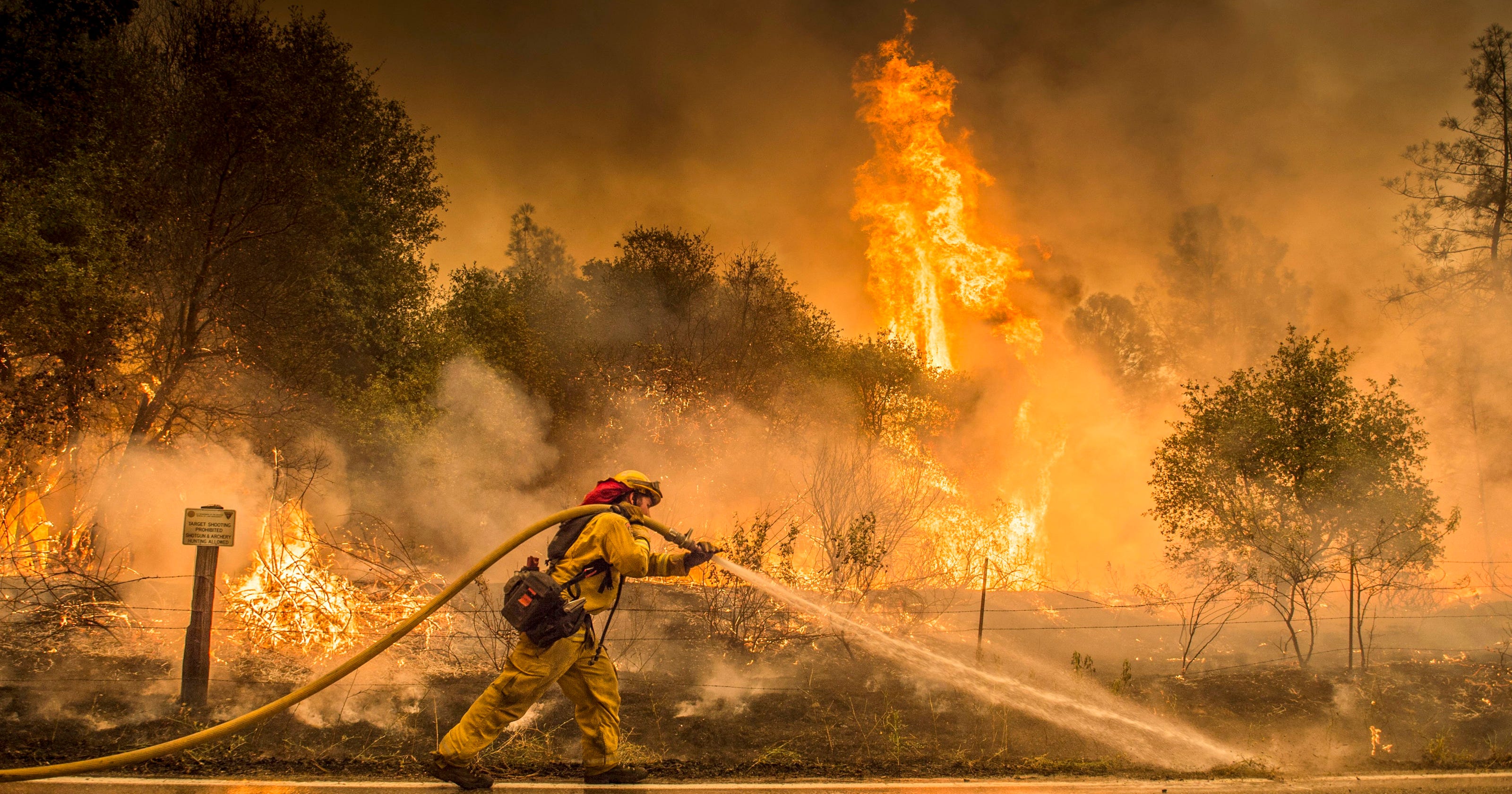



No comments:
Post a Comment